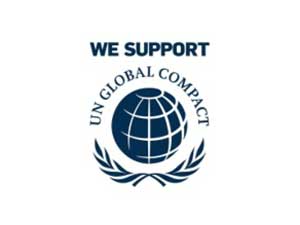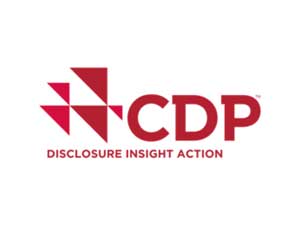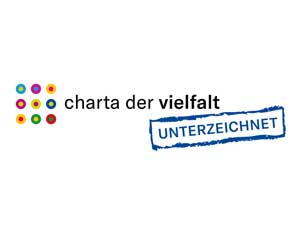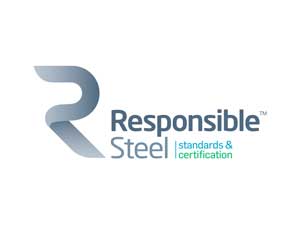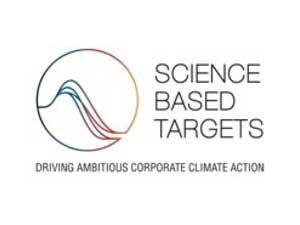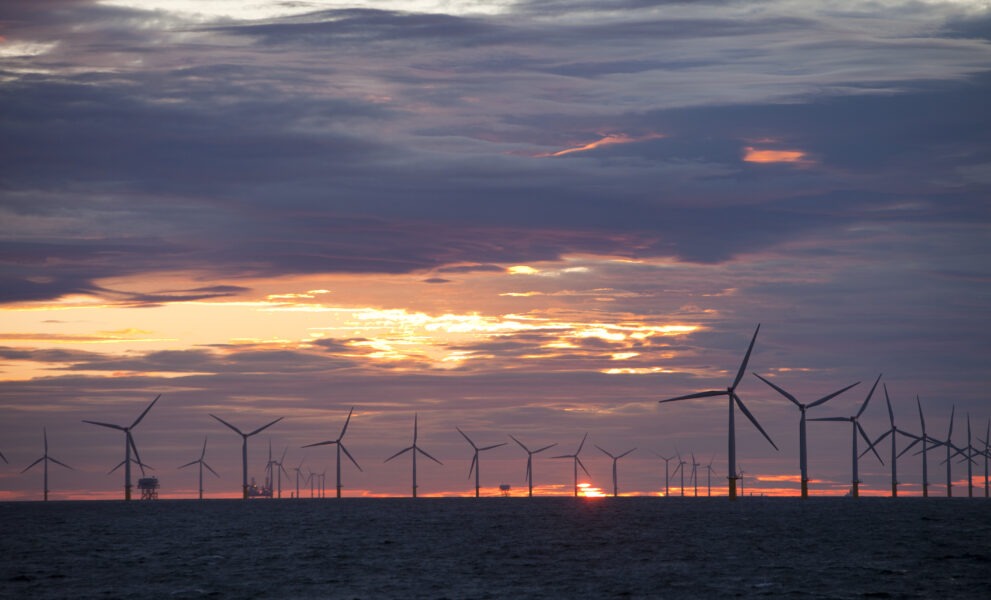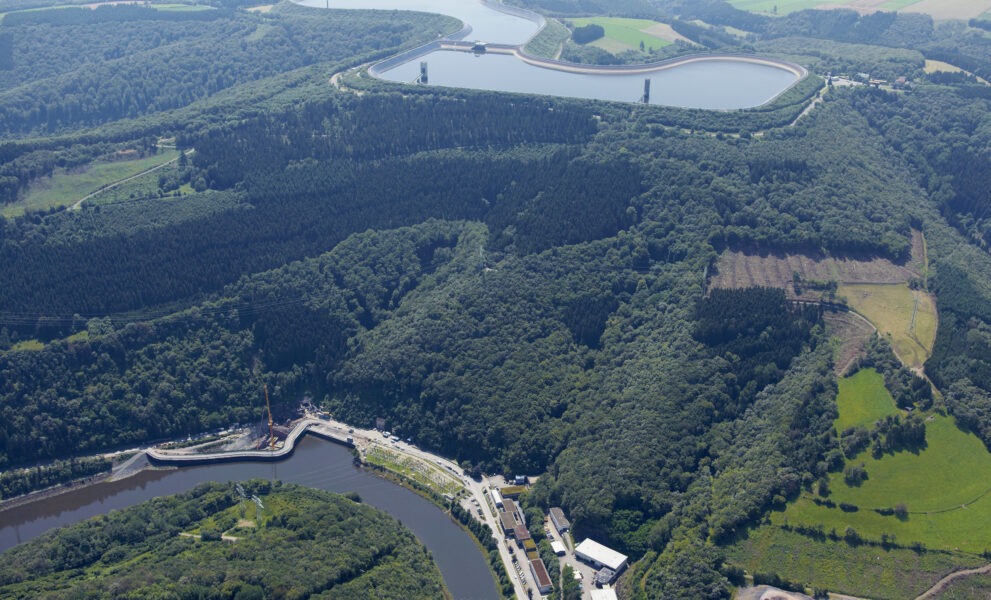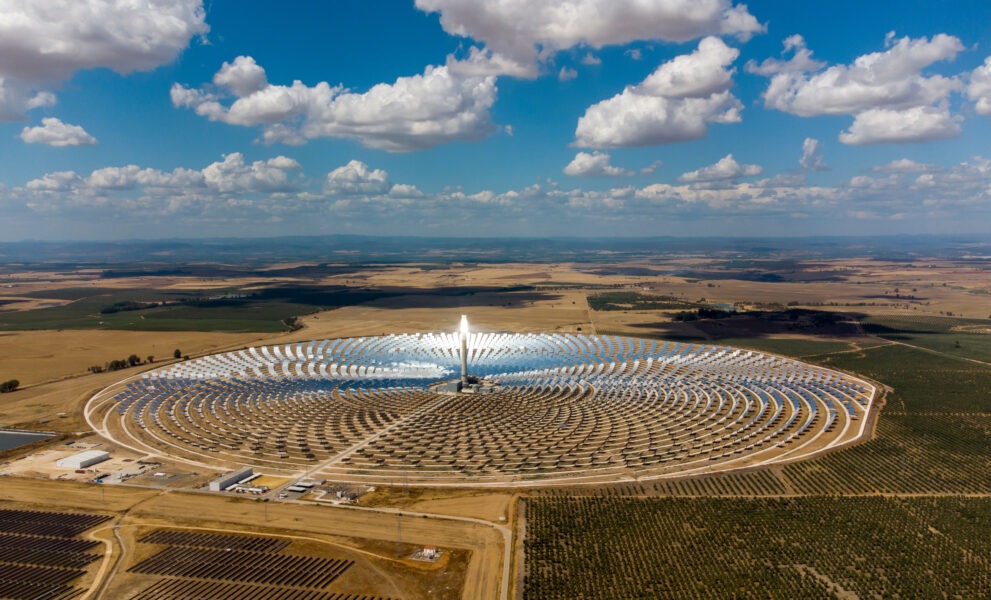Corporate
Responsibility
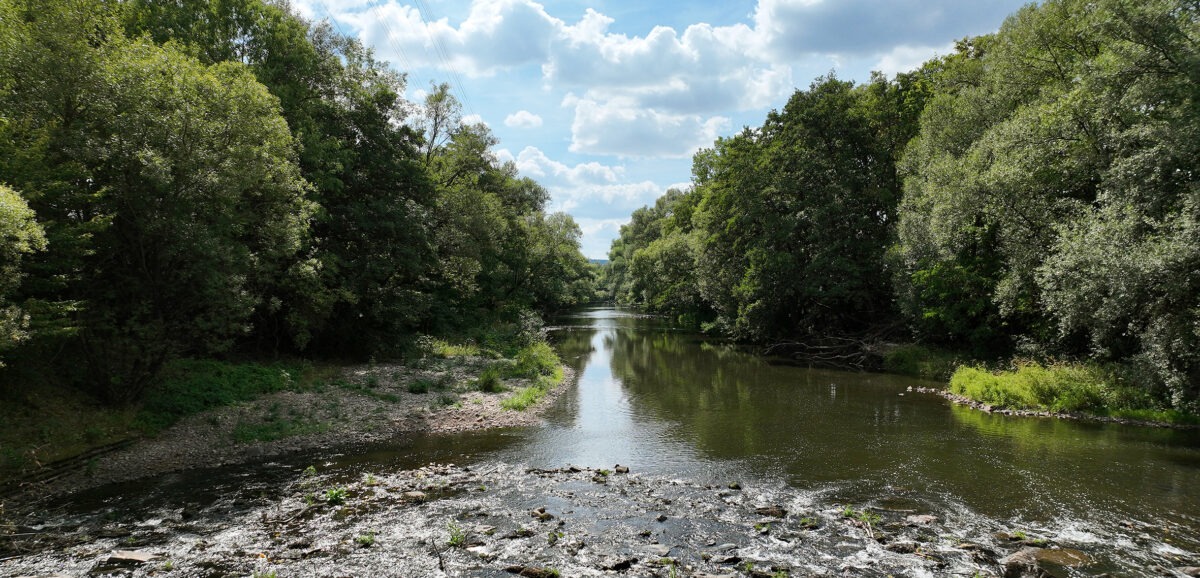
Management Sustainability Statement
Sustainable and responsible business operation is firmly embedded within the SHS Group and is a traditional, core element of corporate policy. Dillinger aims to manufacture high-quality steel products with state-of-the-art and sustainable methods. Our focus here is on our responsibility for current and future generations and for the environment. Based on what has been achieved so far and with a view to a livable future for all, we are continuously identifying further potential for improvement and redefining ambitious targets.
Memberships and awards
SHS and its subsidiaries Dillinger and Saarstahl take responsibility for sustainable steel production in the spirit of Pure Steel+ and demonstrate local and global social commitment. Through our membership in sustainability initiatives, we actively promote the topic. We also have our CSR performance audited by independent third parties. (Our current status with Sciene Based Targets (SBTi) is “committed”.)
Sustainable Products
Steel, in general, is sustainable – and our steel, in particular. Steel can be recycled multiple times and is extremely durable. Quality steel from Dillinger already helps avoid carbon emissions amounting to many multiples of what is emitted during its production. Our steel is making the energy and climate transition possible. We are proud of this and constantly working to improve – in line with the concept for Pure Steel+, we are even striving to achieve complete carbon neutrality.
Sustainable Procurement
A key element of our sustainability strategy: Economic success must not be achieved at the expense of our fellow human beings or of the environment, or through unfair, unlawful business practices. We expect our business partners to meet the same standards that we set ourselves. We work with suppliers and service providers who also recognize their responsibility towards their employees and the companies concerned, as well as their impact on the environment. We have further developed our human rights strategy and supply chain due diligence management in accordance with the German Supply Chain Due Diligence Act (LkSG), among other things – and we will continue to do so.
Circular Economy
Special attention is paid to the circular economy at all our locations. The aim is to establish and sustainably maintain closed material cycles. Our product itself plays an important role in this, since steel is highly durable and can be recycled almost infinitely. But our sustainability strategy is also characterized by the way we deal with the “by-products” of iron and steel production. Iron and steel slags are marketed as quality-controlled products or reused internally as raw materials – and thus make a valuable contribution to conserving resources as a substitute for raw materials.
Integrated Management System
Dillinger runs an Integrated Management System (IMS), in which the quality management acc. to ISO 9001, environmental protection management acc. to ISO 14001, occupational health and safety management acc. to ISO 45001, energy management acc. to ISO 50001 as well as the safety management acc. to Ordinance on Industrial Incidents are joined together.
All areas are regularly checked in internal and external audits. For each management system, the overriding intentions and orientation of the company are formulated in declarations of principle and guidelines.
The management systems are described in detail in the manuals of the Integrated Management and involve all employees of the companies. The company facilities are certified in many areas according to the above mentioned standards.
The IMS also fulfils, in part or in whole, the requirements of other various international and national standards and regulations.
Dillinger products and production processes are also approved and/or certified by numerous national and international certification- and classification societies.
Energy management – achieving more with less
The production of steel is an extremely energy-intensive process. At our Dillingen steelmaking location, this applies throughout the chain: from the coking-plant, the sinter plants and the blast furnaces, via the steelmaking plant and rolling-mill, up to and including the quenching and tempering department and our Heavy Fabrication division.
All the more important, then, to use energy as economically as possible everywhere, and to improve energy-efficiency continuously – both for sustainable environmental protection, and to assure our company’s competitiveness.
This is why we at Dillingen have already been working for a number of years on an energy-management system in accordance with DIN EN ISO 50001. This is a central element in our integrated management system (IMS), as is reflected in our senior management’s Declaration of Principles on energy policy.
Declaration of principles on energy policy
The optimum organisation of the production of steel must always include the assured cost-efficient supply and efficient and environmentally safe use of energy. These two vital aspects are elements in both general and corporate energy management. They therefore encompass the company’s entire flow of energy and the entire energy-relevant spectrum, from the external energy market, via the internal distribution and conversion of energy, up to and including energy utilisation and energy recovery.
What we want
We aim to continuously improve energy-efficiency in general, and that of our systems and processes, in particular, in order to cut our specific energy consumption and assure long-term sustainable conservation of resources!
Our energy-management goal is that of furnishing, in the common interest of all, permanent and sustainable proof of energy-aware, environmentally safe production and environmentally responsible products, and also of minimising to the greatest extent possible the high costs of energy involved in meeting our corporate energy needs. This Energy Policy provides the basis for the definition and regular reviewing of the strategic and operational objectives necessary for the improvement of overall energy-efficiency within the scope of our energy-management system.
What we do
To attain these objectives, we:
- construct and operate our facilities in such a way that optimum use of on-site-generated energy, and of by-product gases, in particular, is assured at all times. This is also achieved through the inclusion of supra-group energy-management synergy effects due to via close cooperation within the entire Saarland steel industry.
- have set up energy teams consisting of energy experts from the central energy plant, from production and from the maintenance department. These teams provide information on the company’s energy policy to all company levels and work continuously to improve the efficient use of energy and, in particular, the energy-efficiency of our systems and processes.
- make our energy flows transparent and assure the availability of the resources necessary for the attainment of our strategic and operational targets.
- have confidence in our employees’ initiating and supporting innovations that enhance energy-efficiency; each and every employee accepts responsibility for energy-aware thinking and conduct.
- bindingly undertake to review and, where economically rational, to select and use the state-of-the-art in energy-efficiency when procuring and constructing equipment and facilities.
- regard adherence to all legal requirements and to all internal regulations as a matter of course.
